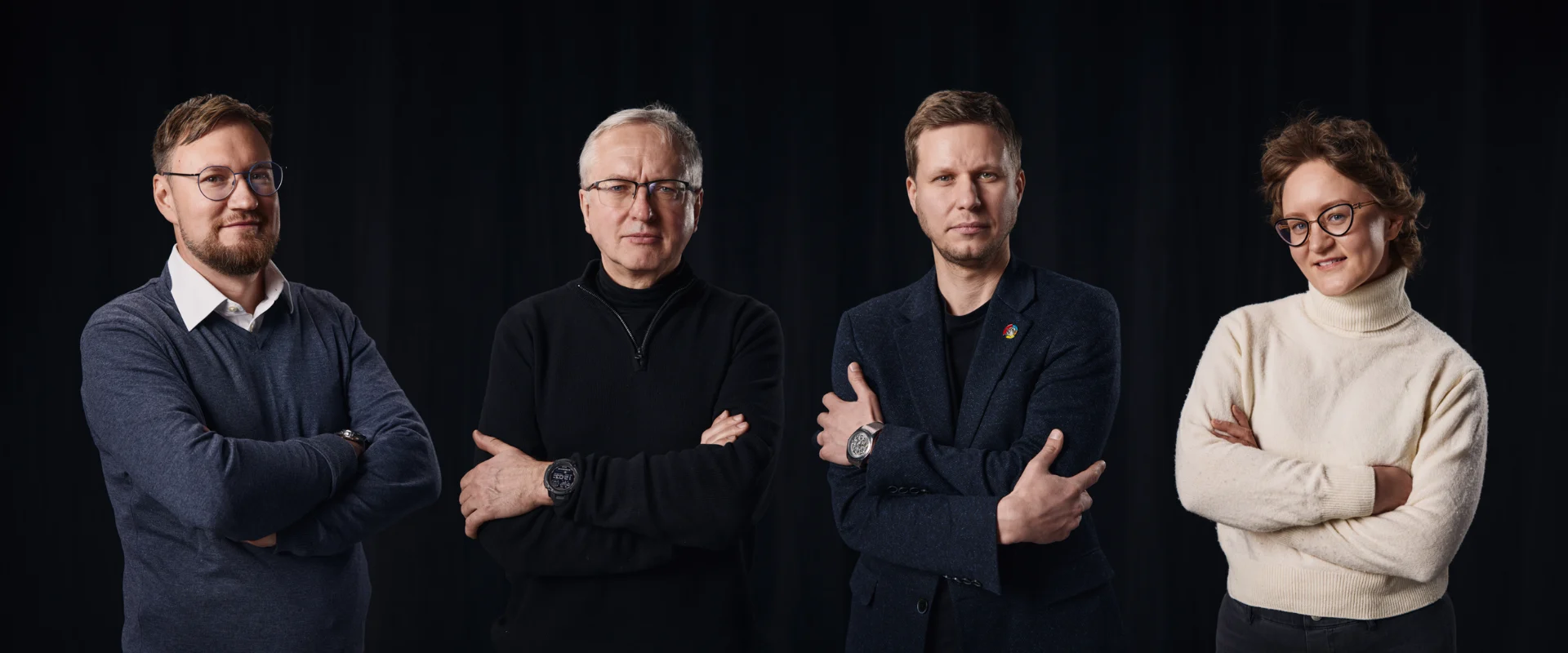Having heard all the success stories about raising funds in the media, one might think that it is fairly easy– all you need is an idea and the money will effortlessly flow your way to fund your business. While idea development is definitely an important part of the process, the fundraising stage can prove to be more complex and time-consuming than the majority claim. It is important to note that this process varies depending on many different factors such as startup stage and type of funding round. An early-stage startup has to screen for new connections that would believe in the success of its recently built MVP. When a new startup applies for a Series A funding, it should be already recognisable among the fund managers and ground its feasibility based on traction rather than just an idea.
In 70Ventures, we focus on B2B SaaS companies as a seed investor and revenue accelerator. Below we have summarised the expected timeline of startup’s fundraising and divided it into 6 main steps:

Pitch deck preparations
The initial step of finding an investor is to reach out to one's close network and look for a professional reference. Chances of raising the necessary funds won't be taken away without that, but once you have a professional vouching for your business it might speed things up. If this option isn’t available it is crucial to carry out research of funds and approach them directly. Another important aspect is the pitch deck itself. The deck should be informative enough to cover all the main questions, but leave the investors hungry for more. Once the pitch has reached the potential investor there are certain criteria that they will concentrate on the most. At 70Ventures we firstly look at 3 metrics:
- Is the founding team credible? Do they have enough experience within the field? Are there more than one founder covering all business areas? Have they worked together before?
- What is the business model? Go to market approach? What is the ideal customer profile? How big is the total addressable market? What is the value proposition?
- Is the product fully developed and functioning? Is there any traction yet?
We highly recommend checking out Vestbee’s free PERFECT PITCH ebook, where you can find more detailed tips and tricks on how to prepare yourself for pitch deck.
Meeting with the associate
Before reaching the fund manager/angel investor himself the founders are more likely to talk to a junior associate. They have to be ready to answer the questions concerning the team, financials, product stage, traction etc. The associate determines which businesses are worth VC partners’ time. Usually, once they get to the VC partners, the investment decision is made almost immediately after the meeting.
Due diligence & Deal structuring
That is when the fun part starts. When the VC/ angel investor decides to move forward, they are likely to perform due diligence prior to the actual investment. A type and complexity of due diligence again depend on the stage. If your product is at the idea stage, due diligence will likely be limited up to your company’s validity of prior employers references, but if the product is complex, the investor may want to check the technical part of the product or ownership rights against the IP. For smaller funds, information gathered by their own research team may be sufficient, but bigger ones might want the due diligence to be prepared by an external third party, which once again is likely to prolong the process. In some cases, as part of due diligence, the investor may give you some conditional tasks, like getting the first paying customer. Another important part of the due diligence is the deal structuring part. Typically, VC investors have their own investment agreement templates on hand, but the terms and conditions have to be adjusted to each company. This is the most time-consuming step, however, it depends mainly on the startup’s responsiveness. According to our experience, the whole due diligence and deal structuring process varies between 2 to 20 weeks. It should be mentioned that the 20 weeks of due diligence was led by VC, which prefers third party involvement. Keep in mind, that due diligence and deal structuring get more complex if there is more than one party involved. In case you are raising the round solely from angel investors, this part will be even more elaborate. There is a higher risk of a lack of resources and experience. Be prepared - if you know what to do you may successfully negotiate better terms. Another way of dealing with angel investors is finding a VC that would lead the round. In such a case, the angel investors will typically trust the experience of the lead investor and its due diligence findings. Accelerators typically invest in batches, which means that even though you have successfully gone through all the steps, the investment part may still be linked to other companies' qualifications. This is where 70Ventures differs from most of the accelerators, as we do not believe that universal truths work for all companies within the same field. We work with each of our portfolio companies individually.
Agreement signing
Finally, once the due diligence and deal structuring parts are completed, the next step is investment agreement signing. If the deal structuring has been completed normally there should not be any additional questions beyond the ones related to the agreement. Depending on the VC, the time of money transfer may vary. Some VC’s have funds at hand all the time, while others call money from the investors on a case by case basis.
Conclusion
Individual length of each fundraising process is hard to perfectly predict. It may vary due to the high codependency of the steps leading to the finalising of the deal. Nevertheless, having the experience and insights makes it much easier to predict the timeline and be more aware of little steps in this long-lasting process.
Related Posts:
How Much Funds Should Your Startup Raise? (by Dimitry Smirnov, Investment Director, Flashpoint VC)
VC Tips For Successfull Startup Fundraising (by Magdalena Balcerzak, Manager, Vestbee)
How To Create A Pitch Deck That Will Get Your Startup Funded (by Ewa Chronowska, Partner, Next Road Ventures)







